
GitHub Accelerator: our first cohort and what’s next
Meet the projects that make up the first GitHub Accelerator cohort and learn about how GitHub is helping bring their visions to reality.
Explore the latest blogs from GitHub on all things software development from the newest capabilities on the GitHub platform to research and insights—and guides to help you level up your engineering skills.

Meet the projects that make up the first GitHub Accelerator cohort and learn about how GitHub is helping bring their visions to reality.

From dog bowl bottles to fanny packs, explore the latest and greatest GitHub merchandise.
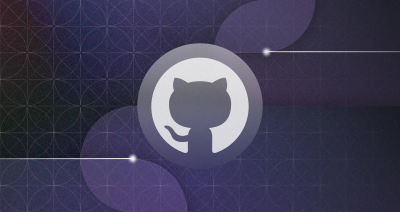
Explore how generative AI may soon help enable optimizing some of the foundational components of compliance.

Explore how creating a great developer experience can help provide a more inclusive financial services environment.

Generative AI has been dominating the news lately—but what exactly is it? Here’s what you need to know, and what it means for developers.

Game Bytes is our monthly series taking a peek at the world of gamedev on GitHub—featuring game engine updates, game jam details, open source games, mods, maps, and more. Game on!
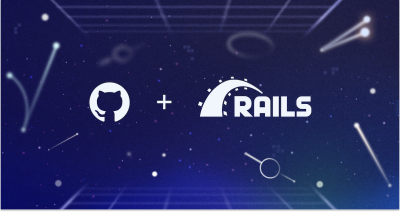
Since the beginning, GitHub.com has been a Ruby on Rails monolith. Today, the application is nearly two million lines of code and more than 1,000 engineers collaborate on it daily.…
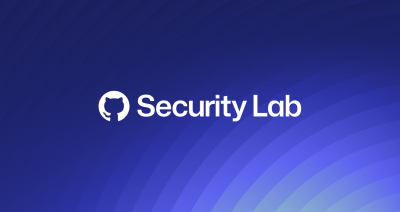
In this post, I’ll look at a security-related change in version r40p0 of the Arm Mali driver that was AWOL in the January update of the Pixel bulletin, where other patches from r40p0 was applied, and how these two lines of changes can be exploited to gain arbitrary kernel code execution and root from a malicious app. This highlights how treacherous it can be when backporting security changes.
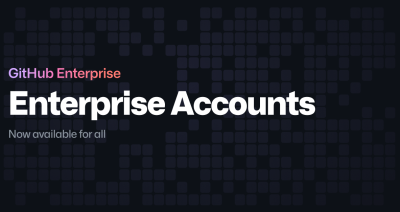
With enterprise accounts for all, your organization can take advantage of all that GitHub Enterprise has to offer, from GitHub Actions and GitHub Advanced Security, to Copilot.

In March, we experienced six incidents that resulted in degraded performance across GitHub services. This report also sheds light into a February incident that resulted in degraded performance for GitHub Codespaces.
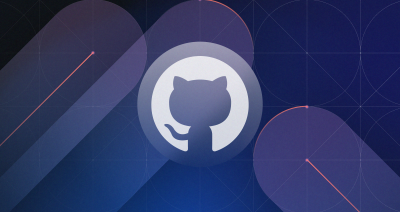
Many of us are aware of the benefits that a strong focus on automation can bring, particularly in our development workflow and DevOps lifecycle. But silos across businesses can lead to duplication of effort, and potential to lose out on best practices. In this post, we’ll explore how CI/CD can be shared across your entire organization alongside policies, for a well-governed experience with GitHub Actions.

GitHub Sponsors is now generally available for organizations. Also, new tooling for bulk sponsorships and an update on how we’re ensuring sustainability for GitHub Sponsors.

A high-quality audit log is an essential tool for enterprises to ensure compliance, maintain security, investigate issues, and promote accountability.

We are building a private space for maintainers to connect with peers, preview features, and learn from each other!

Learn more about static analysis and how to use it for security research!
In this blog post series, we will take a closer look at static analysis concepts, present GitHub’s static analysis tool CodeQL, and teach you how to leverage static analysis for security research by writing custom CodeQL queries.

These changes will improve the experience for custom query authors and enable better precision in some of our standard queries. Learn how to enable them for your custom queries.
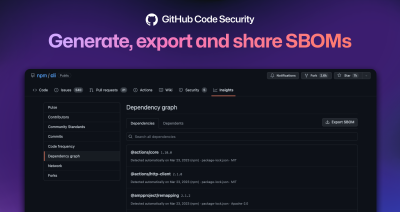
Developers and compliance teams get a new SBOM generation tool for cloud repositories.

Learn how GitHub’s one, integrated platform–powered by AI and secure at every step—helps developer teams be more productive, collaborative, and efficient.
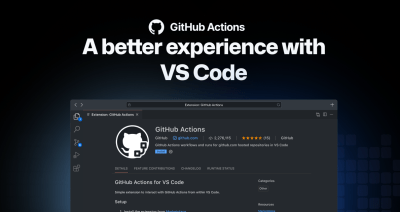
Today, we’re excited to announce the release of the public beta of the official GitHub Actions VS Code extension, which provides support for authoring and editing workflows and helps you manage workflow runs without leaving your IDE.

At approximately 05:00 UTC on March 24, out of an abundance of caution, we replaced our RSA SSH host key used to secure Git operations for GitHub.com.

Writing secure code is as much of an art as writing functional code, and it is the only way to write quality code. Learn how our Secure Code Game can provide you with hands-on training to spot and fix security issues in your code so that you can build a secure code mindset.
Build what’s next on GitHub, the place for anyone from anywhere to build anything.
Last chance: Save $700 on your IRL pass to Universe and join us on Oct. 28-29 in San Francisco.